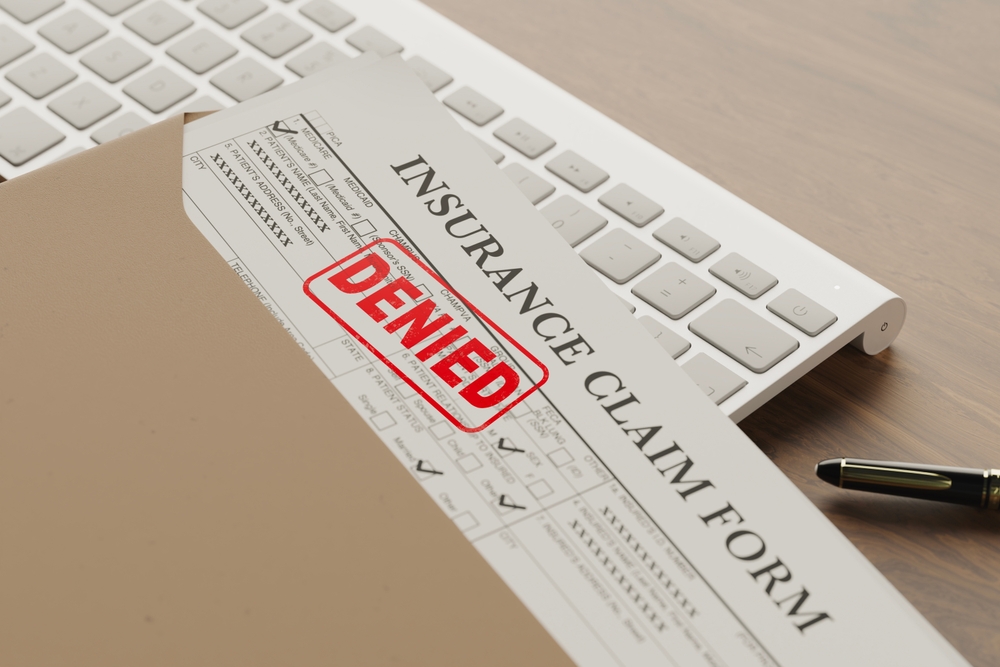
When Insurers Cross the Line
Facing an insurance company that refuses to pay a valid claim can be stressful. If you believe your insurer acted unfairly or delayed your claim without good reason, you may have a bad faith claim under California law. Many policyholders turn to Attain Law when they suspect an insurer has not lived up to its responsibilities. Our California attorneys understand the unique challenges of insurance disputes and can help you evaluate your options.
If your situation involves property loss or damage resulting from a wildfire, you may also want to learn about property damage claims related to wildfires. We work with clients across a range of insurance concerns, including coverage denials and underpayment of claims.
What Is Bad Faith?
When you buy insurance in California, you enter a contract with your insurance company. The insurer agrees to handle your claims honestly and fairly. Bad faith happens when an insurance company unreasonably refuses to pay a claim, delays payment, or fails to properly investigate a claim. Examples may include denying coverage for no valid reason, offering far less than your claim is worth, or not communicating with you about your claim’s status.
You might also encounter bad faith practices in wildfire-related losses, especially when insurers delay or dispute legitimate fire claims.
California Laws on Bad Faith
California law protects policyholders through both statutes and court decisions. The state’s Insurance Code Section 790.03 outlines unfair claims settlement practices, while the courts recognize a “duty of good faith and fair dealing” in every insurance contract. This means your insurer must act reasonably and in your best interests when handling claims.
Common unfair practices under California law include:
- Denying a claim without a reasonable investigation
- Failing to explain why a claim was denied
- Offering much less than what a claim is worth
- Delaying payment without cause
If you are unsure whether your claim was handled in bad faith, reviewing signs of insurance bad faith practices can help.
Insurer Obligations in California
Insurance companies in California have strict obligations to their policyholders. They must:
- Investigate claims thoroughly and promptly
- Communicate decisions and reasons in writing
- Pay accepted claims quickly
- Not misrepresent facts or policy provisions
If you feel your claim has been mishandled, similar situations can arise in coverage denial cases or underpayment disputes.
Steps to Take if You Suspect Bad Faith
If you believe your insurance company is acting in bad faith, consider these steps:
- Gather all correspondence with your insurer.
- Request a written explanation for any claim denial or delay.
- Review your insurance policy and note any relevant provisions.
- Document all damages and expenses.
- Contact an attorney experienced in California insurance law.
For more details, visit our guide on fighting unfair insurance tactics.
What Damages Can You Recover?
In California, if you win a bad faith claim, you may be entitled to:
- The amount of your original claim
- Compensation for financial losses caused by the delay or denial
- Emotional distress damages in some cases
- Punitive damages if the insurer’s conduct was especially harmful
You can read more about California bad faith lawsuits against insurers and how courts evaluate damages.
Frequently Asked Questions about California Bad Faith Claims
What is considered bad faith by an insurer in California? In California, bad faith occurs when an insurer unreasonably denies, delays, or underpays a legitimate claim, or fails to investigate or communicate properly.
Can I sue my insurance company for bad faith? Yes, California allows policyholders to take legal action against insurers that act in bad faith, seeking compensation for losses and, in some cases, punitive damages.
What evidence do I need for a bad faith claim? Keep records of all communications, your policy, denial letters, and any documents showing how your claim was handled. These can help prove bad faith.
What damages can I recover in a bad faith lawsuit? You may recover the claim amount, financial losses caused by denial or delay, emotional distress damages, and possibly punitive damages depending on the circumstances.
Does bad faith law apply to all types of insurance? Bad faith protections in California apply to most insurance types, including homeowners, auto, health, and business insurance policies.
Get Guidance from Attain Law
Unfair insurance practices can leave you feeling powerless, but you do not have to face insurers alone. Our attorneys are ready to review your bad faith claim and explain your rights under California law. If you want to learn about related issues—like coverage denials or property damage from wildfires—our team can help.
For a free consultation, contact us today for a free consultation or call (888) 970-8627. We’re here to support you.
Disclaimer: This is an advertisement. The information provided is for general purposes only and is not legal advice. Consult a qualified attorney for your specific case. Attain Law cannot guarantee outcomes, as results vary by situation.
Browse Articles for "Bad Faith Claims" in California:
Start Your FREE Consultation
Complete the form for a Free Consultation. No upfront fees, swift action, and we’re only paid when we succeed for you.
Why Choose Attain Law?
- No Upfront Costs
- We operate on a contingency fee basis—you pay nothing unless we win your case.
- Personalized Attention
- Every case is unique. We tailor our strategies to fit your specific situation.
- Proven Track Record
- Our firm has successfully recovered millions for our clients.
- Statewide Representation
- Based in Woodland Hills, we serve clients throughout California.
Justice Is One Step Away
Ready to turn your struggle into strength? At Attain Law, we’re here to take on your fight—whether it’s a car accident, a dangerous drug, or a workplace injury gone wrong. One call starts it all, and we’re with you every step, no upfront cost required.
- Free Case Review
- No Fees Until Victory
- Millions Recovered
- Personal Strategy
- California Coverage
- Relentless Case Pursuit




